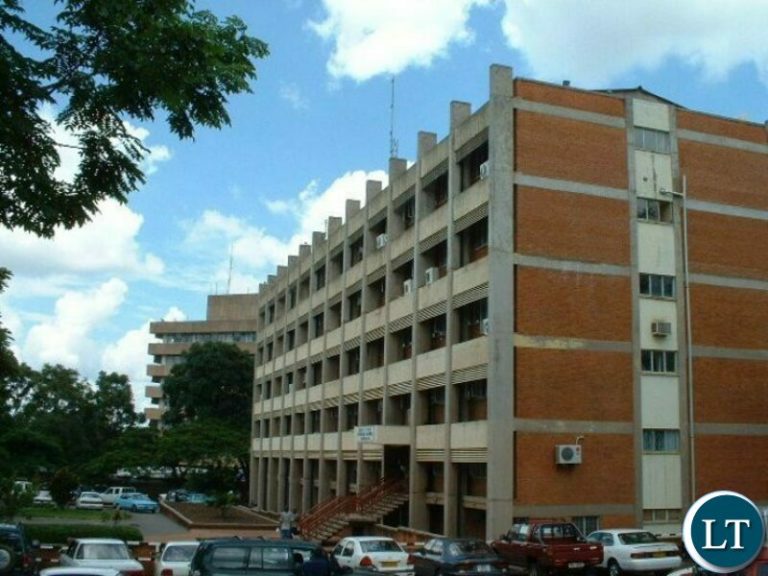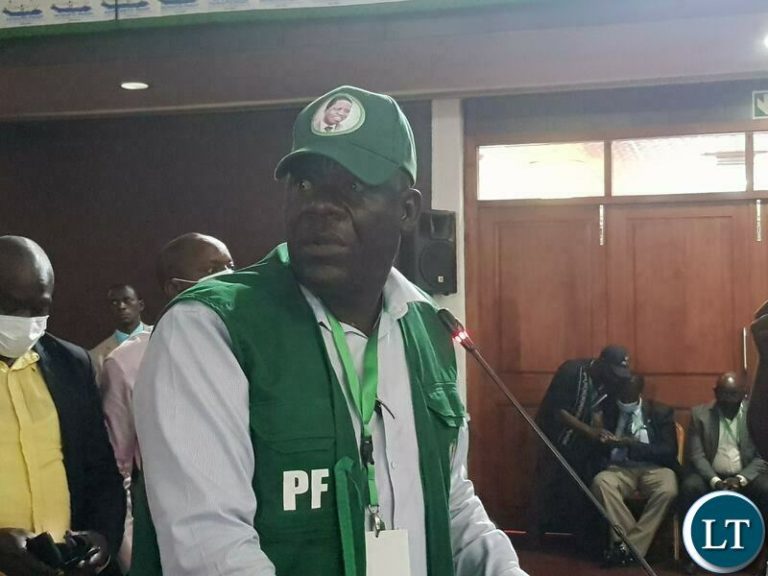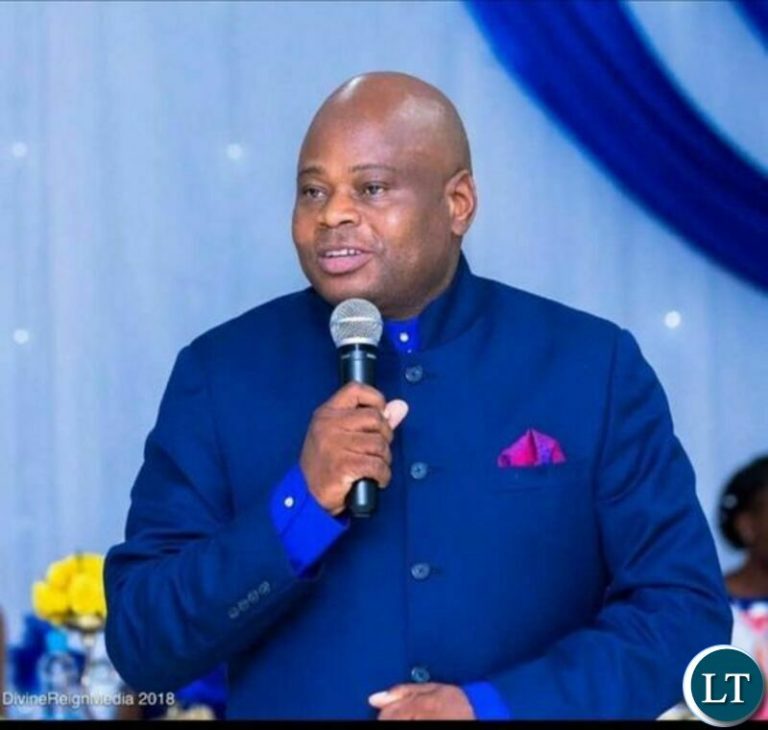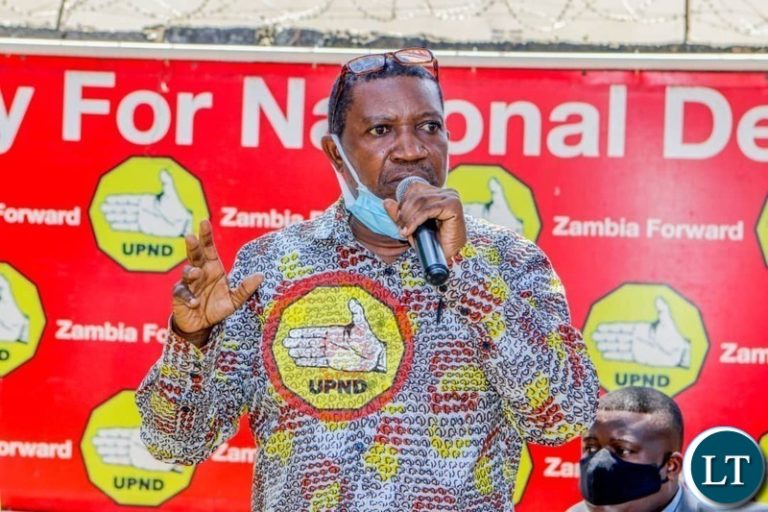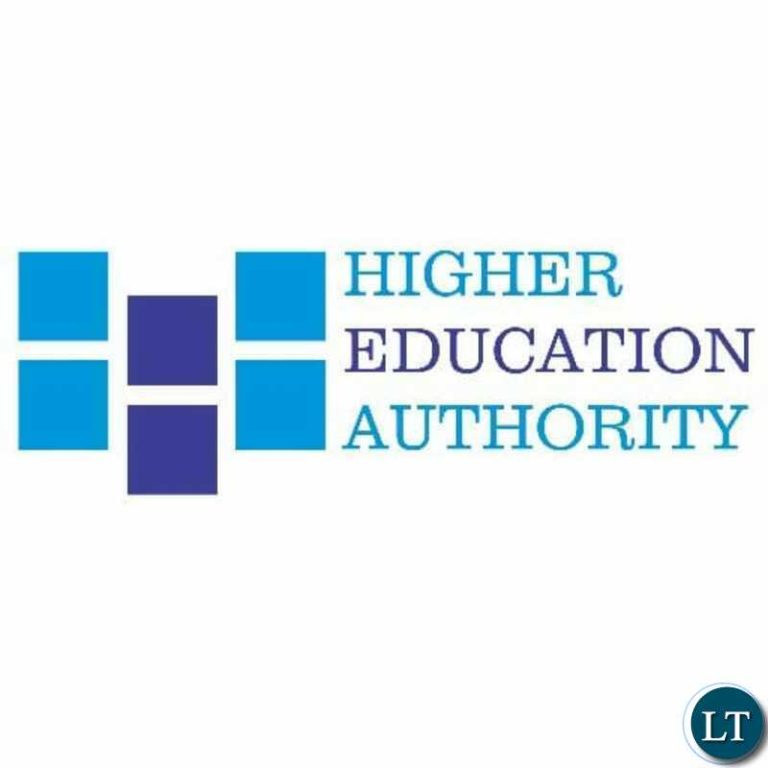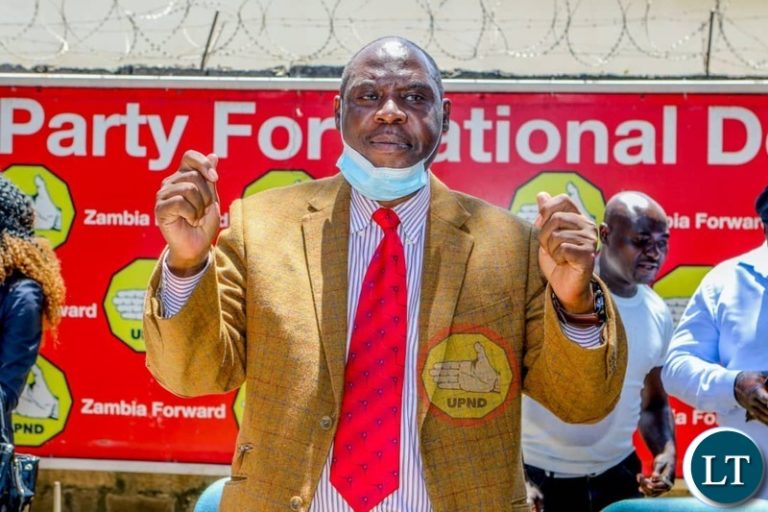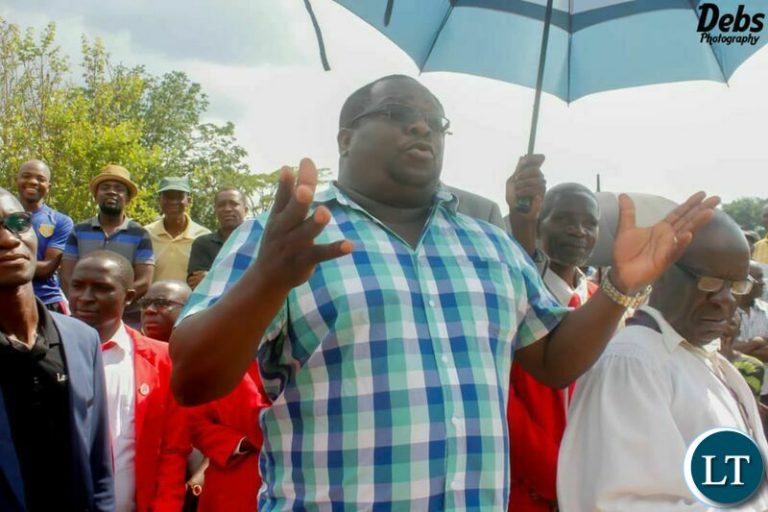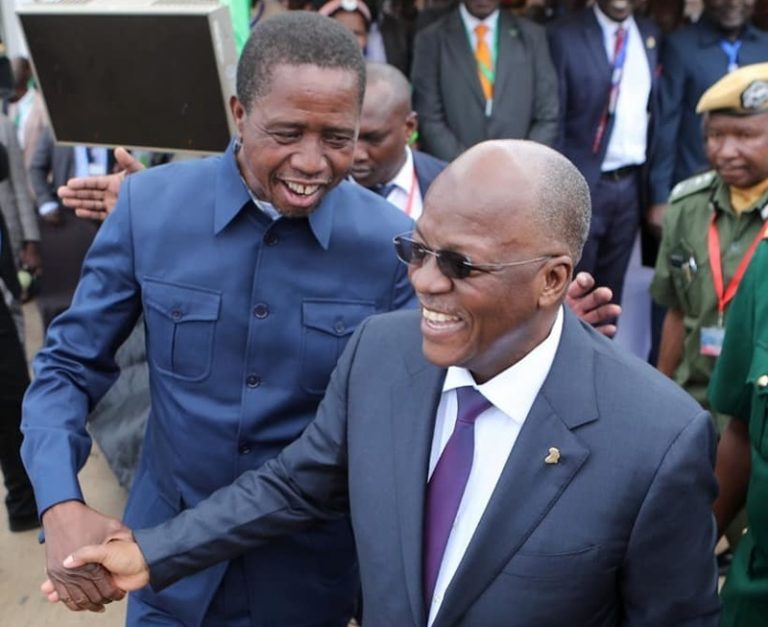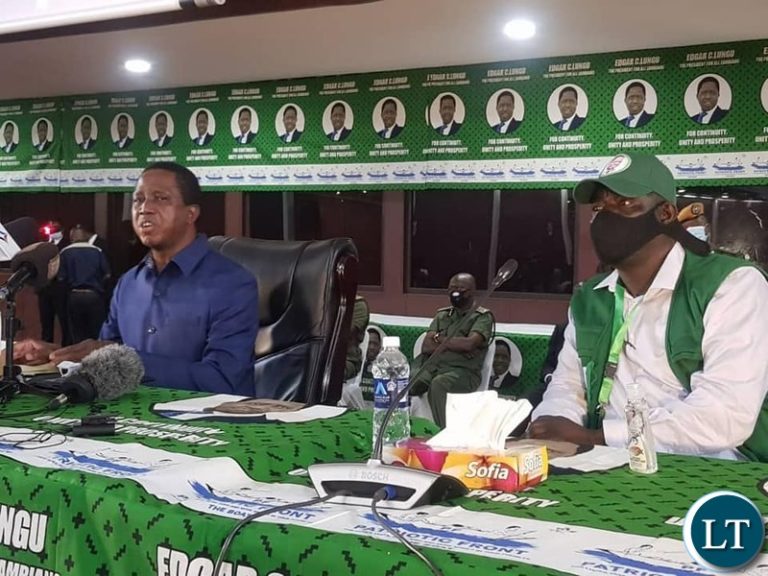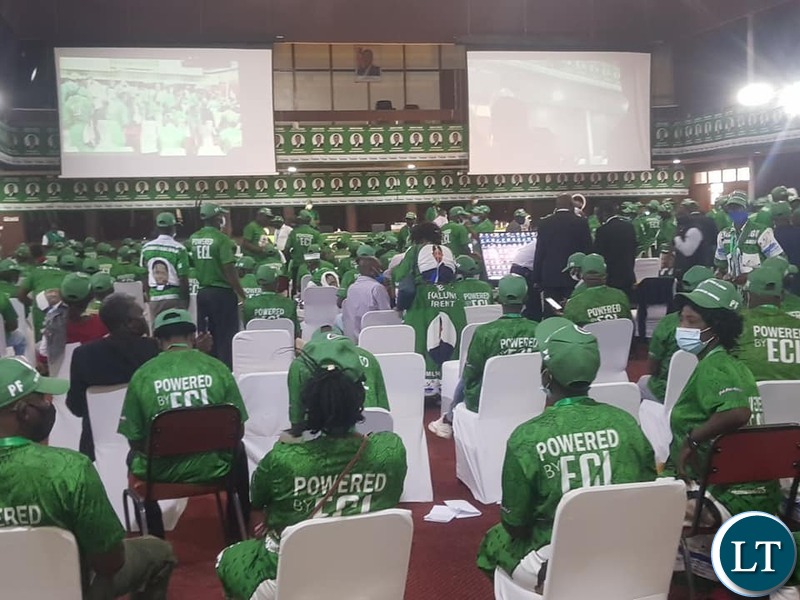The government has said that Zambia’s external debt remains at 12.74 billion dollars, contrary to claims that the debt was 27 billion dollars as of 2019.
The Ministry of Finance said that the 12.7 billion dollars was as of end of December 2020.
A statement availed to to the media by the Ministry in Lusaka today said that some media reports made the 27 billion dollars debt claim, following a misrepresentation by the World Bank’s International Debt Statistics published in October 2020.
The statement noted that the 27-billion dollars debt refers to all external debt including debt held by the private sector such as mining companies, banks, and other corporates which government is not in charge.
The Ministry notes that government has no liability for debt held by the private sector, adding that the World Bank’s report makes it clear that government external debt was around 11-billion dollars in 2019 similar to what the government reported.
The Ministry further noted that Zambia engaged in positive and constructive virtual talks with the International Monetary Fund earlier this month, making clear progress towards an agreement on a policy package and path to fiscal and debt sustainability.
The statement further stated that the country hoped the current engagements with various multilateral stakeholders will contribute to its goal of restoring public debt sustainability.
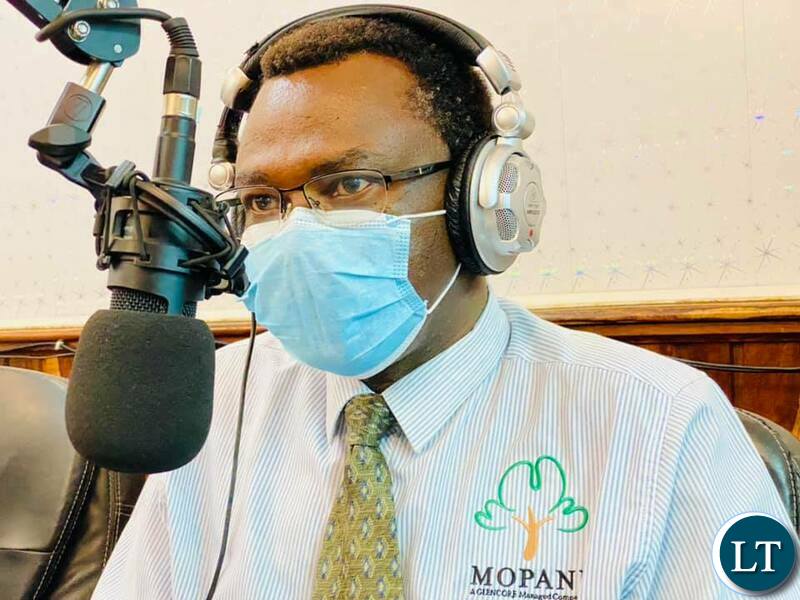
Meanwhile. ZCCM-IH Chief Investments Officer Brian Musonda has said that Mopani Copper Mine (MCM) will significantly contribute to Zambia’s economic revenue, now that the mine is in the hands of Zambians, adding that the mine will have something to show to the nation as positive things will be actualized.
Speaking during Radio Icengelo programme in Kitwe yesterday, Mr. Musonda said that ZCCM-IH working with Mopani management have worked on a strategy to turnaround the mine and make it profitable and that ZCCM-IH financials show that under Glencore the mine has been recording losses since privatisation.
Mr Musonda said that Zambians who have been operating the mine since April last year are upbeat about growing the company and will ensure it is run professionally.
Mr Musonda said that ZCCM-IH management is optimistic that things will be handled well by the Zambians.
“We are very sure that something positive will come out from Mopani because Zambians will ensure that the mine contributes something to the country,” Mr. Musonda said.
“Mopani will continue to produce results and we will give them support as shareholders, the performance of Mopani has improved and the financial status of the mine is encouraging,” he said
The acquisition will result in ZCCM-IH taking full ownership of Mopani. The transaction is scheduled to be fully consummated by 31 March 2021 after the ZCCM-IH Extraordinary general meeting on 30 March 2021 in which ZCCM-IH shareholders will vote on the transaction.


